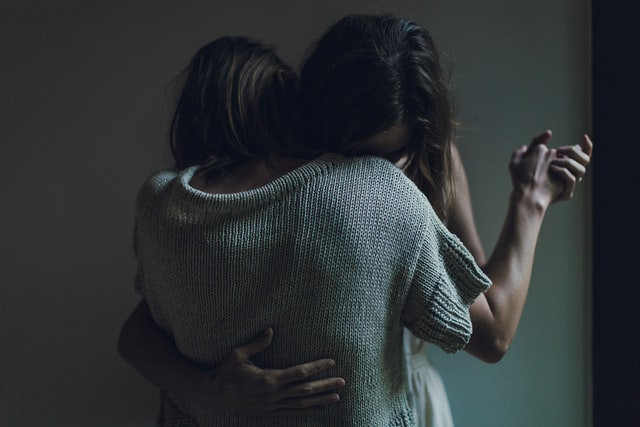Can they feel the change?
End. Beginning. Comfort. Pain.
Will they be the same?
Melanie Lewis
End. Beginning. Comfort. Pain.
Will they be the same?
The current coronavirus pandemic has caused the UK to feel very uncertain about the future. I chose the art medium of a haiku poem due to its short length. As a haiku starts being read, it is anticipated that the poem’s ending is imminently near. In the same way, our lives changed drastically and quickly. The time period between the first coronavirus case in the UK and the government’s announcement of national lockdown was short, yet grossly anticipated.
The first line is a question, representing all the questions the wider population had as the incidence of covid-19 cases increased. Can they feel the change? has two intended meanings. The first is a gentler way of asking, “do they see what is coming?”. This has an aggressive undertone. In the same way, our covid-19 daily briefings are often worded elegantly and charismatically in order to retain chaos and limit panic. The second meaning makes reference to the environment. The drastic decrease in air pollution, soil erosion and littering has made way for nature to start healing and flourishing, causing us to reflect on how much of an impact we have on both animal and plant species.
The second line, End. Beginning. Comfort. Pain. represents the answers from the government and other superior leaders, including head of schools and universities. The one-worded sentences are intended to convey a jerking motion of life stopping, changing, stopping, changing again and so forth, reflecting their answers as being straight to the point, often very dramatic with the need to adjust without much legroom.
End. The end of Sunday lunches with grandparents and celebrating your friend’s birthday at TGIF.
Beginning. The beginning of endless amounts of zoom calls, all meals being home-cooked and a sense of dread or anxiety every time you need to go out the front door.
Comfort. Twenty-four hours a day, seven days a week with your family. You’ve never been able to spend this much time with them before, and whether you love that or you hate it, you are glad you are not alone.
Pain. Losing loved ones to covid-19, not seeing friends and family members in separate households, seeing the death toll rise daily or maybe you live alone and don’t have loved ones around you.
The third line, Will they be the same? returns to an almost identical question as the first, which represents the country still needing many of their questions answered, albeit different, but with the same route concern for their future. The last word of the first and third line are antonymous, change and same, because at times it can feel as though our new lives are completely antonymous with our lives before covid-19. We struggle as we try to find a balance between keeping familiarity, stability and structure in our lives, as the climate demands we adapt, mould and survive to see another day.
Although this haiku is applicable to the wider public, it is really personal to me.
Can I feel the change? Certainly. My nan is no longer with me.
End. The loss of a loved one. Beginning. Learning how to live without her. Comfort. Or lack of. Two metres means I couldn’t hug any family members at her funeral. Pain. It will soon hopefully go away.
Will I be the same? No, but like everyone else, I need to move forward.

Wow! So much in so few words, haiku poem’s can be very powerful and I feel this is straight from your heart. Very brave of you to show a bit of vulnerability – thank-you for sharing – and yet able to think about beginnings and moving on. And a beautiful photo, a winning combo
This striking, short haiku poem is incredibly moving and personal. Despite it being relatable to most people throughout the pandemic, the personal description of how it specifically affected you made the piece even more emotional. The image continues to show the pain experienced and the support of loved ones.